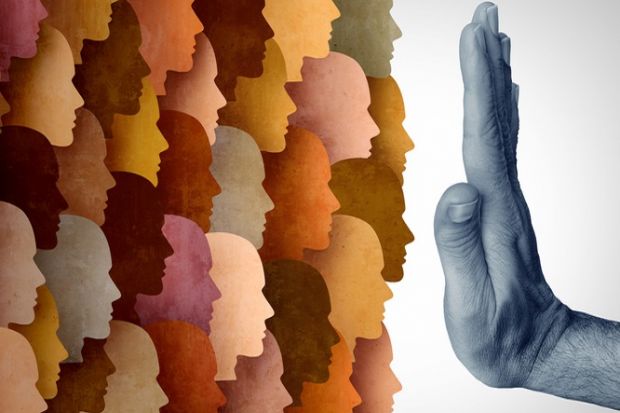Canada’s recently announced cap on international undergraduate visas is obviously bad news for those who had set their hearts on studying in the country but will now have a 35 per cent lower chance of doing so than in 2023.
But at least the restrictions are synchronised with university admissions, so students won’t go through the long and costly process of visa application for nothing. Every province will be allocated a portion of the cap to distribute among its designated institutions.
This isn’t always the case. Some restrictions on international students come across as arbitrary and ill thought through, motivated solely by politics or outright xenophobia. A recent case in point is a Florida law that bars students from so-called countries of concern, including China, Russia and Iran. In addition to being blatantly discriminatory, it could negatively affect graduate programmes at the University of Florida, as pointed out in a petition signed by nearly 400 faculty members.
Last year, a similar student ban bill was introduced by another Republican-run state, Texas. With such political intrusions, Iranian students applying for US universities are starting to take into account which political party is governing the state in question.
The Florida law reminds me of the so-called Muslim Travel Ban under the administration of Donald Trump. Its sudden introduction meant that many students who had already been admitted by US universities could not get visas, and those who already had visas were barred from entering the US at the airport – including those who had already started their US studies and were returning after visits abroad. Despite all this chaos and unfairness, Trump intends to restore and even expand the travel ban if he is elected again.
Iranian students are among those who suffer the most from such political intrusions into academic affairs, due to the political tensions between Iran and the West. Even when no official restriction is in place, Iranians face a variety of difficulties obtaining visas. For example, the US has no embassy in Iran, so applicants have to find the money to travel to another country for visa applications – and even then they often don’t get their visas on time or at all. The social media conversation suggests that the situation has worsened over the past year.
Alongside political factors, mismanagement can allow corrupt practices. For example, according to a petition with about 5,000 signatures, there is a black market in US F-1 visa appointments for Iranians at US consulates in Ankara, Dubai and Yerevan, Armenia. The petition claims this could easily be remedied.
The same problems are frequently reported regarding many European countries. For example, there are currently a lot of complaints about long waits for student visa appointments in the German embassy in Tehran. And I clearly remember how exhausting it was to get a German visa merely to present a paper at an academic conference, even though I had a grant to attend; I had to call the German foreign ministry in Berlin to ask for some facilitation. And although I was granted this and one more German visa, my third application was rejected because the German government was suddenly not sure that I would leave Germany at the end of the conference.
When talking of political intrusions, we should also consider the restrictions on students from certain countries studying certain scientific subjects because of national security concerns. Although many view such restrictions as inevitable, their impact on students should not be left unsaid; I have heard of students thinking of changing their research fields to avoid them.
Moreover, I doubt that such restrictions really prevent those countries from making certain technological advances because governments can buy the knowledge and technology they need. And many Iranian graduates of such subjects end up working in their host countries.
Science, research and education are unbiased by their very nature. So universities, research centres and academic events should be allowed to consider applicants with no regard to their nationalities. However, politics does care about nationality – and it is students and universities that suffer.
Roohola Ramezani has a PhD in philosophy from Shahid Beheshti University, Tehran. He was formerly a research fellow at the IFK International Research Centre for Cultural Studies in Vienna.
Register to continue
Why register?
- Registration is free and only takes a moment
- Once registered, you can read 3 articles a month
- Sign up for our newsletter
Subscribe
Or subscribe for unlimited access to:
- Unlimited access to news, views, insights & reviews
- Digital editions
- Digital access to THE’s university and college rankings analysis
Already registered or a current subscriber? Login








